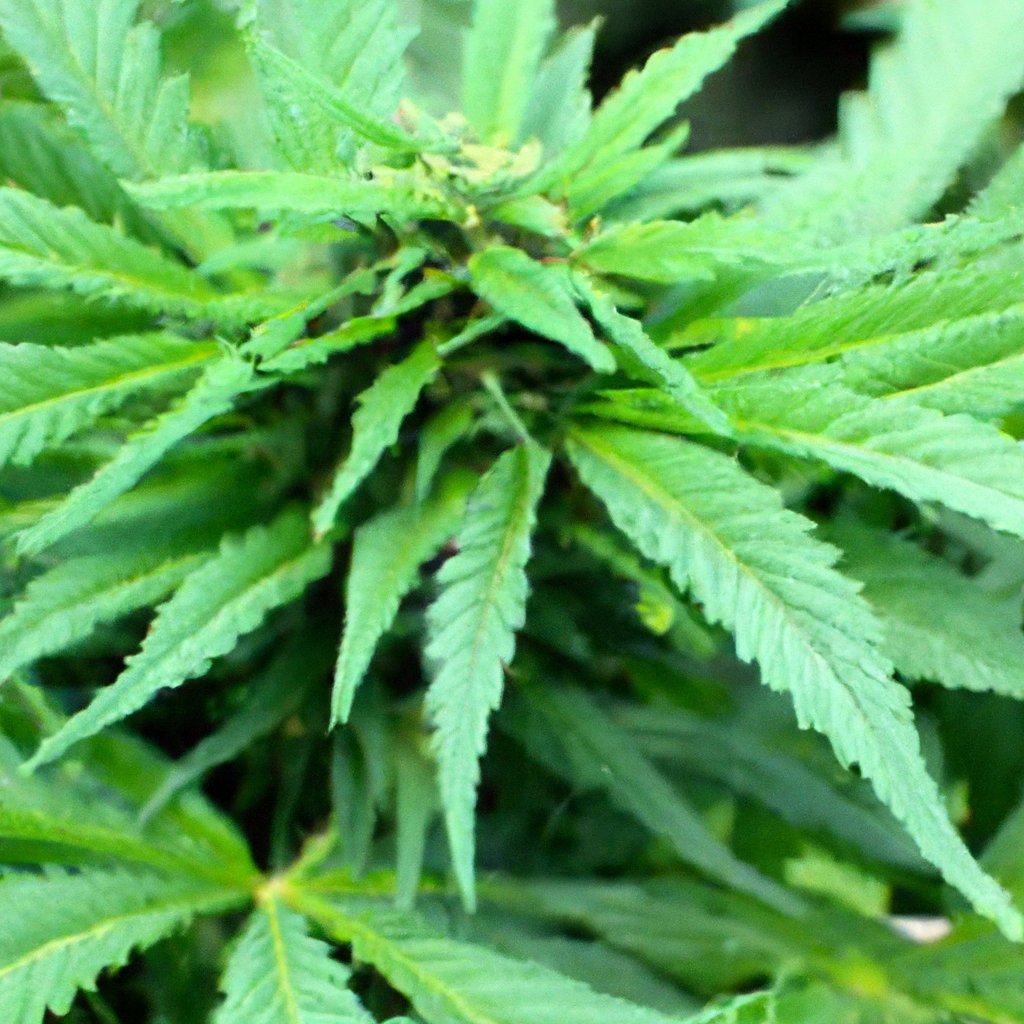Your cart is currently empty!
For those venturing into the rewarding practice of organic cannabis cultivation, the path is as enriching for the planet as it is for the harvest. Embracing organic principles not only assists in producing fragrant, flavor-rich buds but also supports the ecosystem and promotes sustainable growing operations.
Creating a Living Soil Ecosystem
The foundation of a thriving organic cannabis garden is healthy soil. Rather than relying on synthetic fertilizers, build a living soil ecosystem that supplies nutrients through natural means.
- Compost: Incorporating compost will help enrich the soil, improving its structure and increasing its water retention capabilities. This natural amendment is surprisingly easy to create using kitchen scraps, lawn clippings, and leaves.
- Beneficial Microbes: Adding microbial inoculants can enhance nutrient uptake, helping plants grow more vigorously with improved disease resistance.
- Cover Crops: Utilize cover crops like clover and vetch to fix nitrogen, add organic matter, and prevent soil erosion.
Natural Fertilizers and Their Benefits
Synthetic fertilizers may provide quick results, but natural fertilizers contribute to a healthier, more resilient cannabis plant over time. Consider these options:
- Fish Emulsions: Rich in nitrogen, fish emulsions enhance foliage growth and improve plant health.
- Seaweed Extract: A source of potassium, seaweed extract supports root development and stress tolerance.
- Bone Meal: High in phosphorus, bone meal promotes strong root and flower development.
- Worm Castings: These provide a balanced source of essential nutrients and beneficial microbes.
Embracing Natural Pest Control Methods
Eliminate the need for harsh pesticides by embracing natural pest management techniques. This not only preserves the ecosystem but also maintains a safe growing environment.
- Companion Planting: Implement plants like marigolds, lavender, and peppermint, which naturally repel pests.
- Biological Controls: Introduce beneficial predators such as ladybugs and predatory mites to control aphid populations.
- Neem Oil: An organic pesticide that targets a variety of pests while being safe for beneficial insects.
Acknowledging the Environmental and Consumer Benefits
Opting for organic cannabis cultivation is not only about producing high-quality, aromatic buds but also about embracing a sustainable lifestyle. By avoiding synthetic chemicals, growers promote biodiversity, reduce their environmental footprint, and deliver a cleaner, healthier product to consumers. Organic cannabis is prized for its purity and the abundance of flavor and aroma compounds—offering an experience as natural and untainted as possible.
In conclusion, making the shift to organic cannabis cultivation offers innumerable benefits for both the grower and the environment. By focusing on building healthy soil ecosystems, employing natural fertilizers, and practicing sustainable pest management, cannabis cultivators can contribute to a greener planet while producing superior, flavorful yields.
Start cultivating cannabis the organic way and enjoy the rewards of a bountiful, sustainable harvest.


Leave a Reply